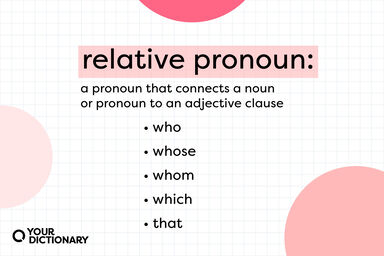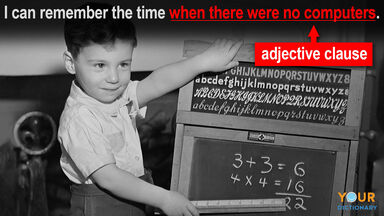Relativity Definition
rĕlə-tĭvĭ-tē
noun
The condition, fact, or quality of being relative.
Webster's New World
The close dependence of one occurrence, value, quality, etc. on another.
Webster's New World
Special relativity.
American Heritage
The fact, principle, or theory of the relative, rather than absolute, character of motion, velocity, mass, etc., and the interdependence of matter, time, and space: as developed and mathematically formulated by Albert Einstein and H. A. Lorentz in the special (or restricted) theory of relativityspecial theory of relativityrestricted theory of relativity and by Einstein in the general theory of relativity (an extension covering the phenomena of gravitation), the theory of relativity includes the statements that: 1) there is no observable absolute motion, only relative motion 2) the velocity of light is constant and not dependent on the motion of the source 3) no energy can be transmitted at a velocity greater than that of light 4) the mass of a body in motion is a function of the energy content and varies with the velocity 5) matter and energy are equivalent 6) time is relative 7) space and time are interdependent and form a four-dimensional continuum 8) the presence of matter results in a “warping” of the space-time continuum, so that a body in motion passing nearby will describe a curve, this being the effect known as gravitation, as evidenced by the deflection of light rays passing through a gravitational field.
Webster's New World
General relativity.
American Heritage
Synonyms:
- the curvilinear universe
- theory of general relativity
- special-relativity
- restricted relativity
- fourth-dimension
- time as space
- the denial of the absolute
- Einstein's theory of relativity
- relativity theory
- theory-of-relativity
- contingency
- interconnection
- proportionality
- comparability
- interdependence
Find Similar Words
Find similar words to relativity using the buttons below.





